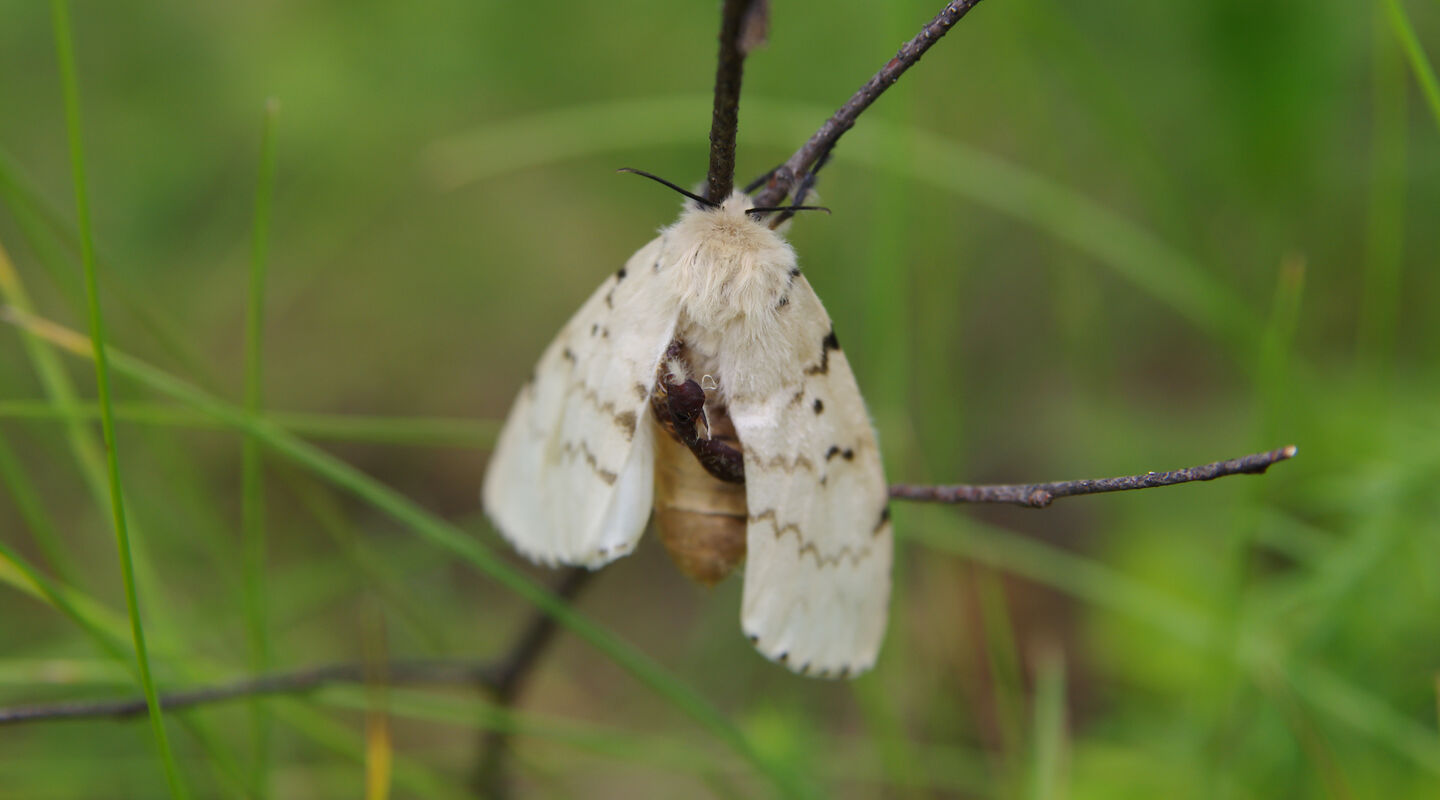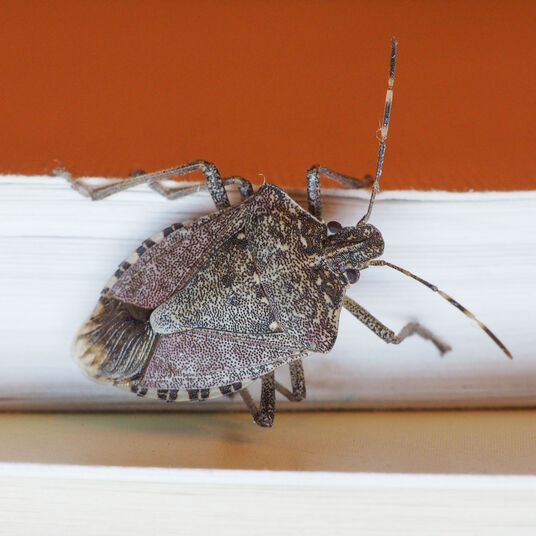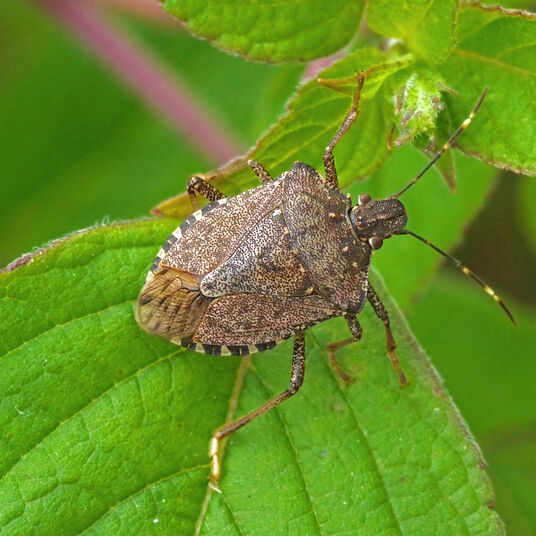Keeping out invasive species: An explainer
Stink bugs get a lot of attention, but there are also other invasive species that can hitch an unwelcome ride on your shipment. Let’s take a look at two of the main offenders originating in Asia – and how to ensure they don’t make it into your supply chain.

Cogon grass: An aggressive weed
Cogon grass is native to Asia and is regarded as an invasive species in the US. It’s already contaminated millions of acres of ground in Florida, Alabama and Mississippi and is becoming more widespread in other south-eastern states such as Tennessee, Georgia and South Carolina.
Cogon grass seeds are very resilient and were introduced to North America more than 100 years ago in packing materials from Japan. If cogon grass spreads, it can displace plants and animals and spoil farmland.
The rhizome – roots and shoots – of cogon grass extend far under the soil in subterranean networks and must be removed completely to get rid of the weed once it takes hold.
Asian gypsy moth: A highly destructive pest
The Asian gypsy moth is a pest native to the Far East and Russia. It has the potential to defoliate and destroy trees if introduced to other regions. Procedures are in place to prevent vessels carrying the moths or their eggs from entering port in the US, Canada, Australia and New Zealand.
The riskiest period for moths is from June to September when the female lays her eggs. Female moths can be attracted to the bright lights on vessels and lay their eggs onboard, where they are often difficult to discover and dislodge.
What you can do
As with brown marmorated stink bugs (BMSB), shippers have the ultimate responsibility to ensure their cargo is delivered free of invasive species such as cogon grass or other biosecurity risks. “The integrity of the biosecurity supply chain depends on all stakeholders doing their part to keep cargo clean. Shippers, transport providers and ocean carriers should understand where the bio-security risks are in their operations,” says Alex Conjour, vice president, port and cargo operations, WW Ocean.
“Preventing foreign plant and animal matter from moving across borders and oceans will become even more critical as the world continues to get more connected and the climate changes. We take biosecurity seriously and continually evaluate our processes and policies to align with rapidly changing regulatory and market conditions. We are depending on all supply chain participants to do the same.”
The integrity of the biosecurity supply chain depends on all stakeholders doing their part to keep cargo cleanVice president, port and cargo operations, WW Ocean
What we’re doing
At our terminals in Japan, we perform extensive checks on customer products bound for the US to ensure they are not carrying cogon grass seeds. We also liaise with our colleagues at the ports to dig up and remove cogon grass if it is growing on site and our stevedores are trained to remove seeds if they discover them.
We have some facilities in the US, like our bioremediation facility at the Mid-Atlantic Terminal in Baltimore, which can vacuum seeds and grass from machinery and securely dispose of them, allowing imports to clear customs.
To avoid attracting Asian gypsy moths our vessels will turn off their lights when not needed overnight if berthed in ports in Japan. Vessels are also carefully inspected for moths and their eggs, and if found, they are removed, explains Ken Nishikubo, cargo quality and cargo superintendent at the WW Ocean terminal in Tokyo.
Vessels must obtain a certificate stating that they are free of Asian gypsy months prior to leaving Asia. A dedicated third-party inspection team confirms that there are no live moths or eggs on the ship. “We put a lot of effort into ensuring these pests don’t make it onboard,” Nishikubo adds.
WW Ocean always evaluates the condition of all products by visual inspection and ensures that all units being loaded on its vessels are clean. If products are stored at our terminals, we ensure they are maintained in a clean state prior to loading on the vessel. We offer a clean cargo guide on our website to assist manufacturers in delivering products free of animal and plant materials, dirt, oil, grease and food.
If for some reason a product is considered not to meet the regulatory guidelines of the destination country, we will help by letting the customer know and providing information on local cleaning services. Once the unit is considered clean, WW Ocean will also notify the customer that the unit has been cleared for loading.


